Content warning
This story may contain sensitive material or discuss topics that some readers may find distressing. Reader discretion is advised. The views and opinions expressed in this story are those of the author and do not necessarily reflect the official policy or position of Vocal.
13 Reasons Why You Should Switch to a Vegan Diet
A vegan diet is more ethical and sustainable
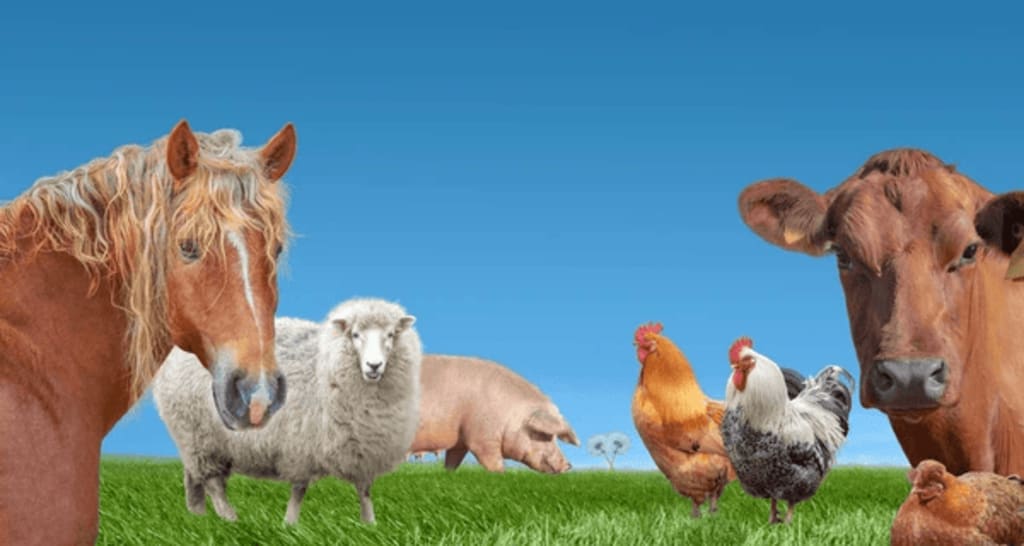
Maybe you think all vegans are crazy. Maybe you think vegans are hypocritical for saying meat is murder while eating living things themselves. Maybe you think all vegans are huge animal lovers. Maybe you're vegetarian and think vegans are taking it too far. The truth is that vegans are just well-informed about animal agriculture. As a child, I thought my parents were too controlling, forcing their vegan diet onto me and my brother. I didn't think there was anything unethical about eating meat or animal products. As I learned more and more about animal agriculture, I learned that they were simply doing the right thing. Here are 10 reasons why eating meat and animal products is not ethical:
1. Producing one pound of beef requires 2,500 gallons of water while producing one pound of wheat requires only 25 gallons. Switching to a vegan diet could save a lot of water!
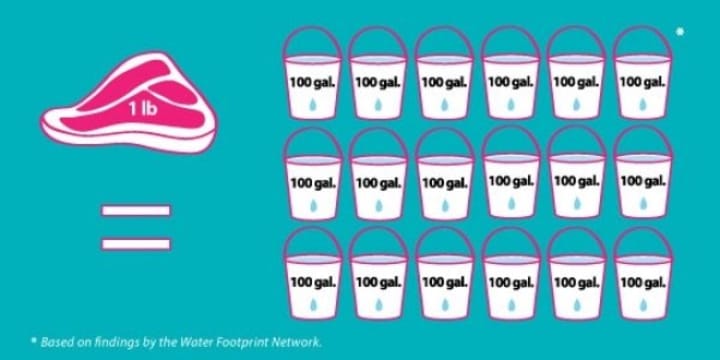
2. Animal agriculture, on a global scale, is responsible for a staggering 18% of greenhouse emissions, including methane, carbon dioxide, and methane.
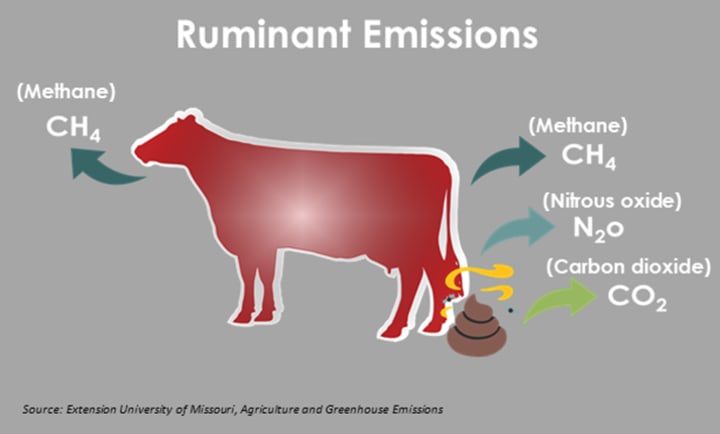
3. You may have known that soy production generates greenhouse gases that contribute to climate change. But did you know that around 70% of the world’s soy is fed directly to livestock? Only a small percentage of the soy grown is used to feed humans directly.
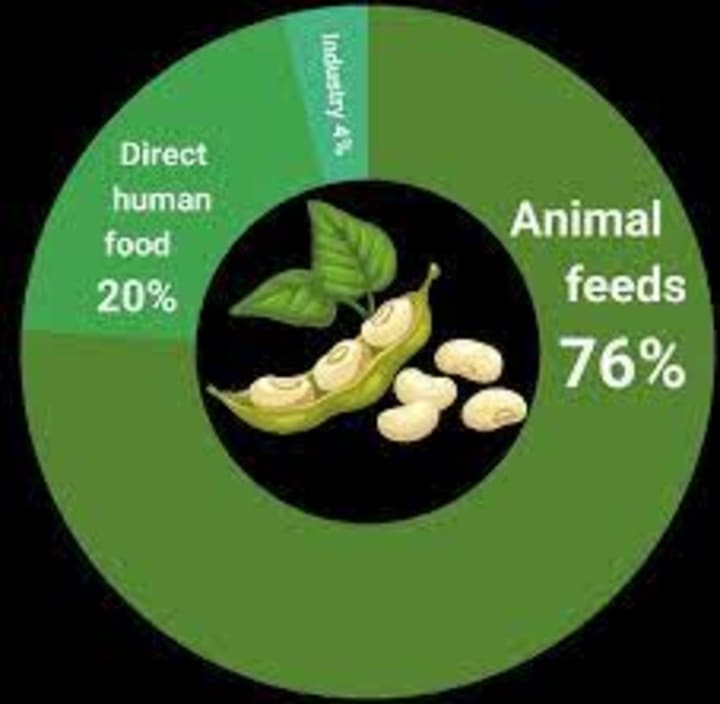
4. A farm with 2,500 dairy cows produces as much waste as a city of 411,000 people. A cow produces 65 lbs of manure per day, which is 12 tons per year. Unlike human waste, livestock manure is not treated before disposal, and it can release airborne chemicals and fumes. When it runs off, it can also contaminate waterways with dangerous pollutants.
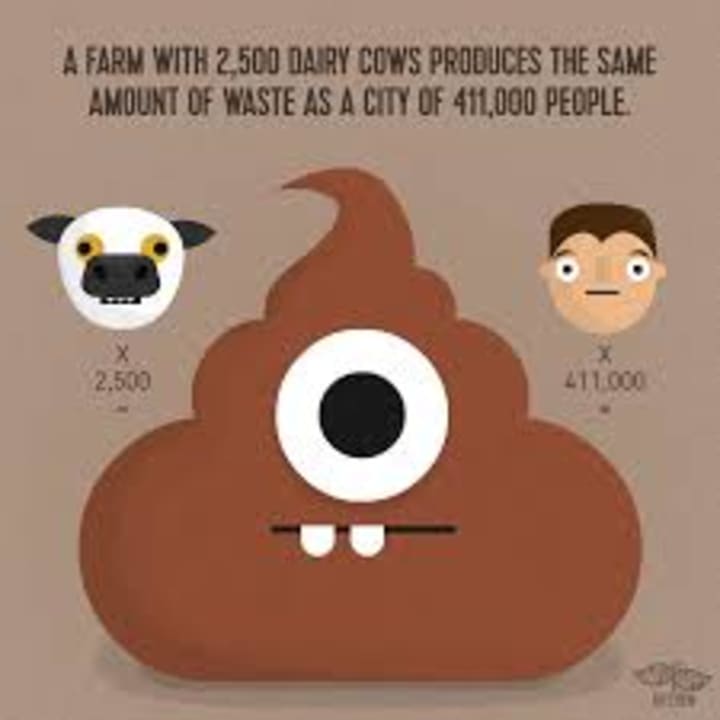
5. Due to being useless to the egg industry, male chicks are either gassed, macerated, or suffocated in plastic bags. You may be wondering, but how do they tell the males apart from the females? Don't all baby chickens look the same? Well, in egg-laying breeds, male chicks have brighter feathers than female chicks.
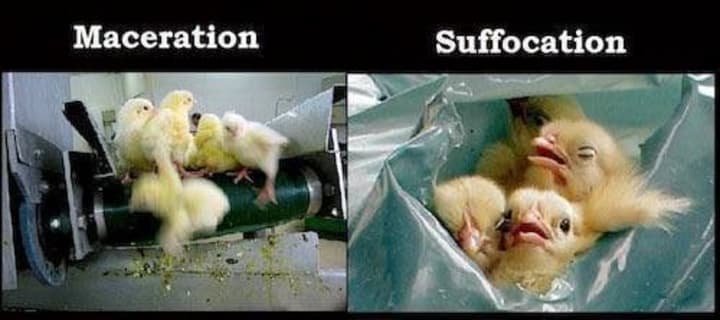
6. The veal industry is directly connected to the dairy industry. If a calf is born male, it is sent to slaughter. While modern dairy farmers have 'sexed semen', a way to increase the calf's chances of being born female, they still can't guarantee that the calf will be born female.
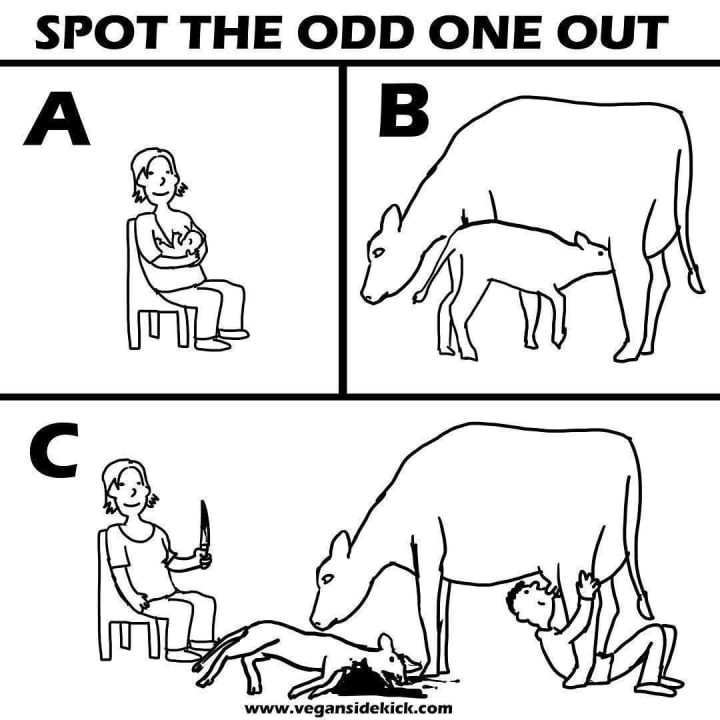
7. Honey contains micro-nutrients that are essential for bees' health. By taking it from them, we are taking what is fundamental for the hive's wellbeing.
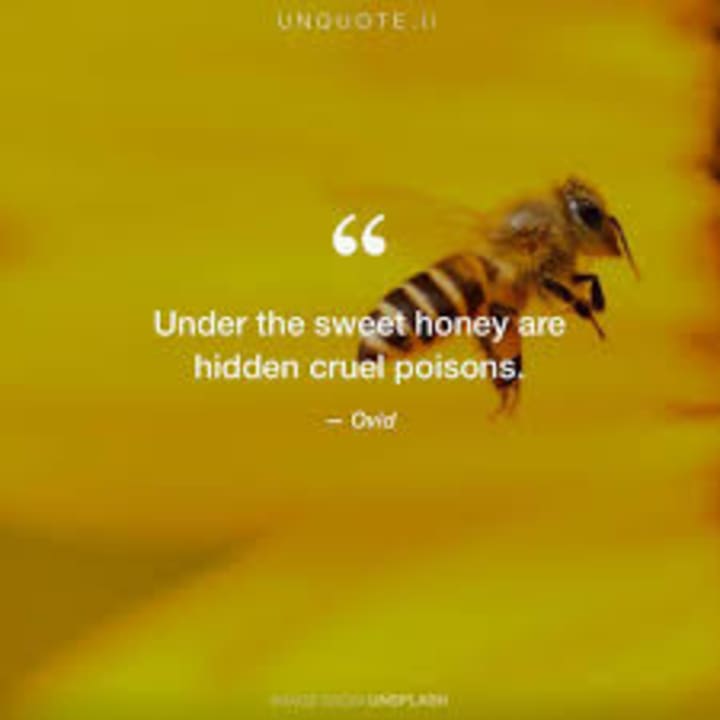
8. For every 100 calories we feed to farmed animals, we only get back a mere 12. This inefficiency is a stark reminder of the need for a more sustainable and resource-efficient way to eat.
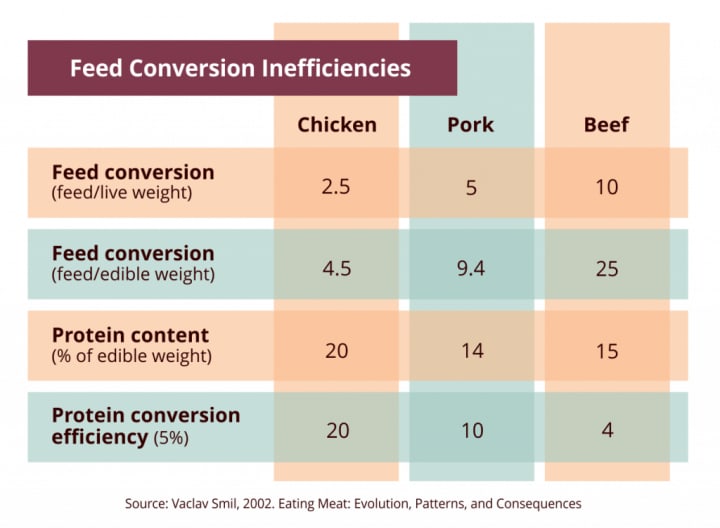
9. Farmed animals like cows and pigs require a lot of crops to keep them going. Eating animals is massively inefficient. If we were to eat the crops directly, we could feed an additional 3 billion people.
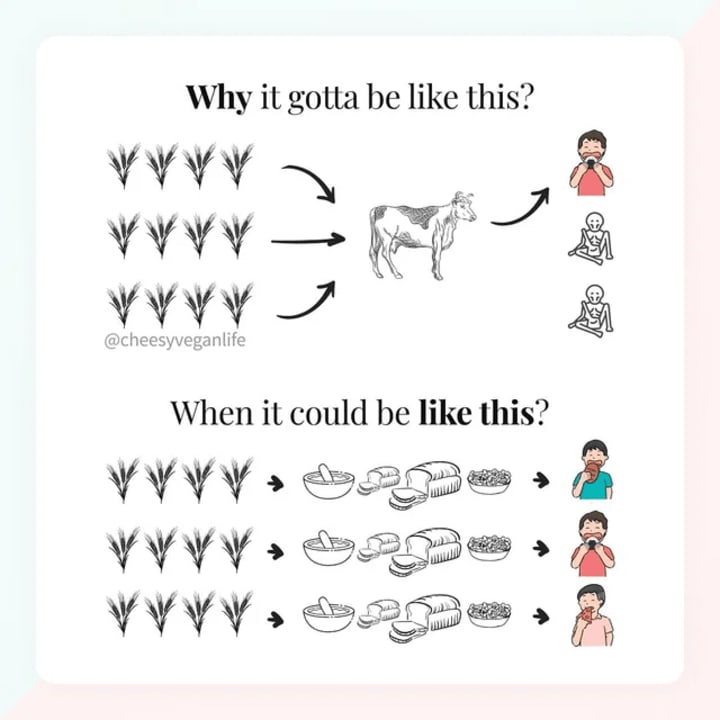
10. Going vegan could save up to 91% of the rainforest. At our current rate of deforestation, rainforests could virtually vanish in the next century. A staggering amount of the Amazon rainforest is destroyed to grow crops to feed farmed animals and make room for the animals themselves.
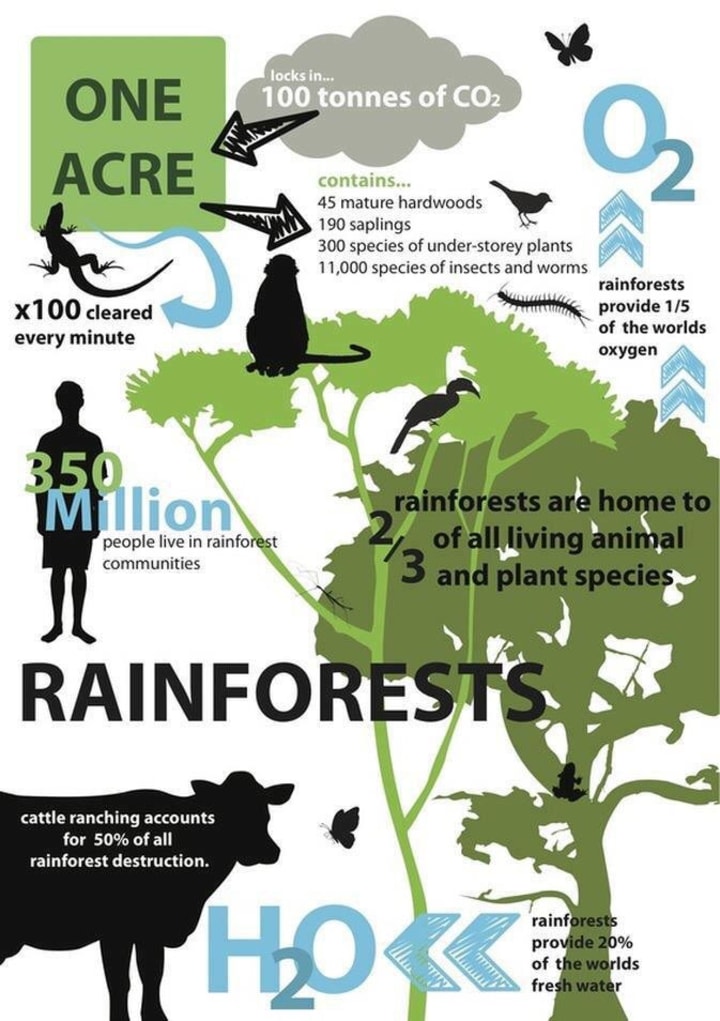
11. By making the choice to go vegan, we have the power to potentially reduce the predicted loss of biodiversity between now and 2050 by a significant 60%.
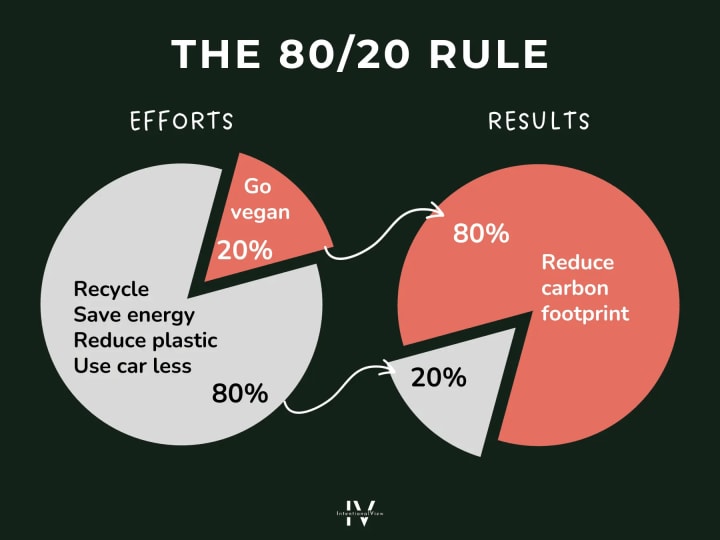
12. Over a quarter of all land on Earth is used for farmed animals. We could save up a lot of land if we just farmed crops instead.
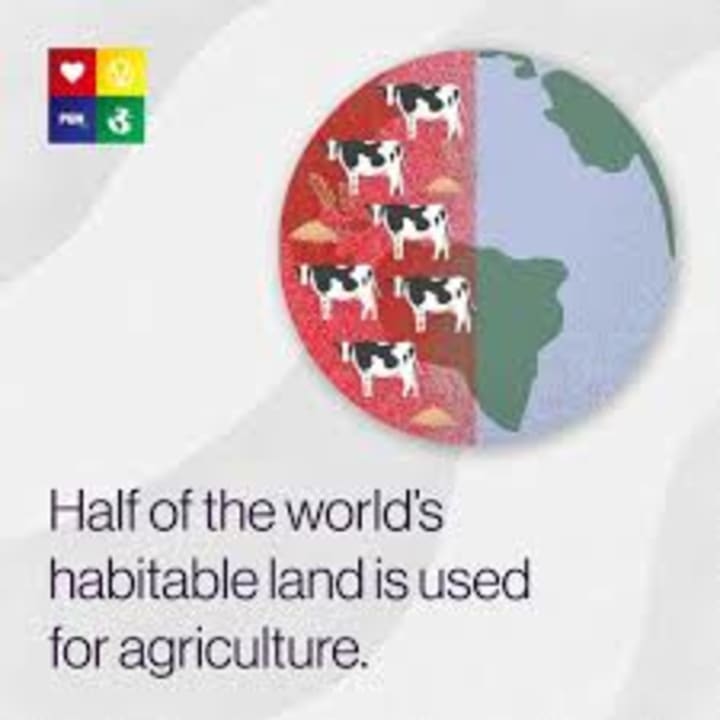
13. Cows produce over 150 billion gallons of methane per day. That is a staggering amount, especially when you consider that methane is 25 to 100 times more destructive than CO2 during a 20-year time frame!
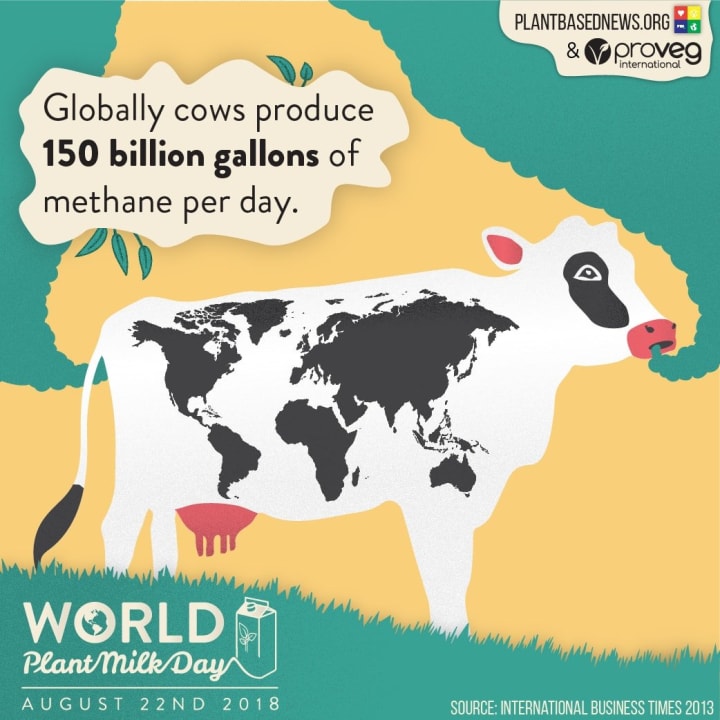
____________________________________________________
Now you know, and knowing is half the battle. Giving up animal products is not as difficult as it sounds. It's likely that many of your favorite foods are already vegan. And there are plenty of vegan alternatives for your favorite non-vegan foods. There are probably vegan versions of your favorite recipes as well! You just have to make sure to take vitamin B12 supplements or consume foods that are fortified with vitamin B12. You should also check with your dietician to make sure you're getting all the vitamins you need. If you're still not comfortable with switching to a vegan diet, you could download the VeGuide app by The Vegan Society. It has FAQs, educational videos, daily quizzes, and recipes to make your vegan journey easier. So, what are you waiting for?
About the Creator
Trisha Gaurav
Just a gal who likes writing. Drop by any time, and feel free to request articles
My YouTube channel: https://www.youtube.com/channel/UC-EoYpwPcWG7CliIJE2cDFA
My TikTok: https://www.tiktok.com/@pussanddonkeyrmydogs
Enjoyed the story? Support the Creator.
Subscribe for free to receive all their stories in your feed. You could also pledge your support or give them a one-off tip, letting them know you appreciate their work.






Comments
There are no comments for this story
Be the first to respond and start the conversation.